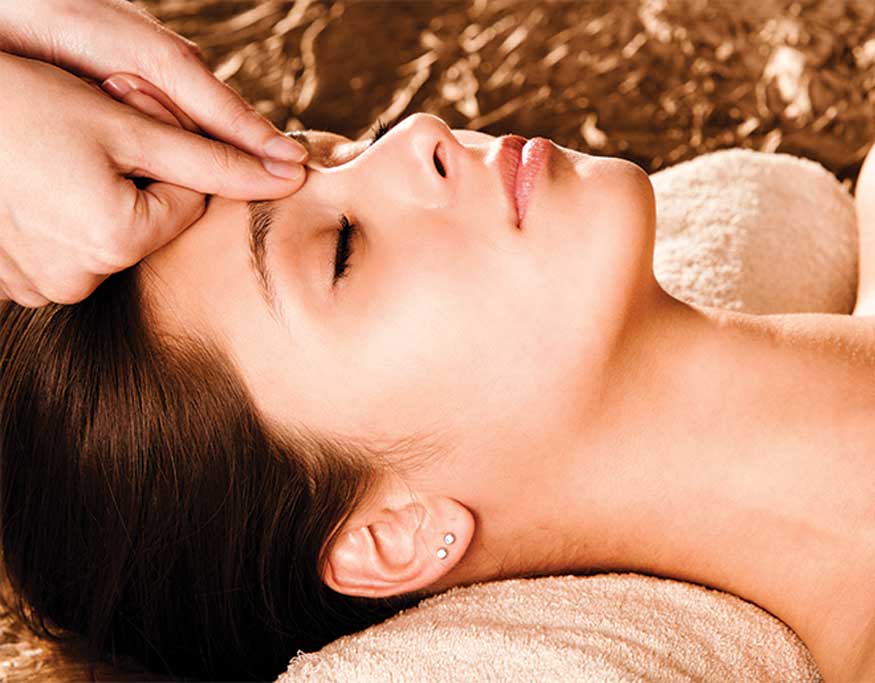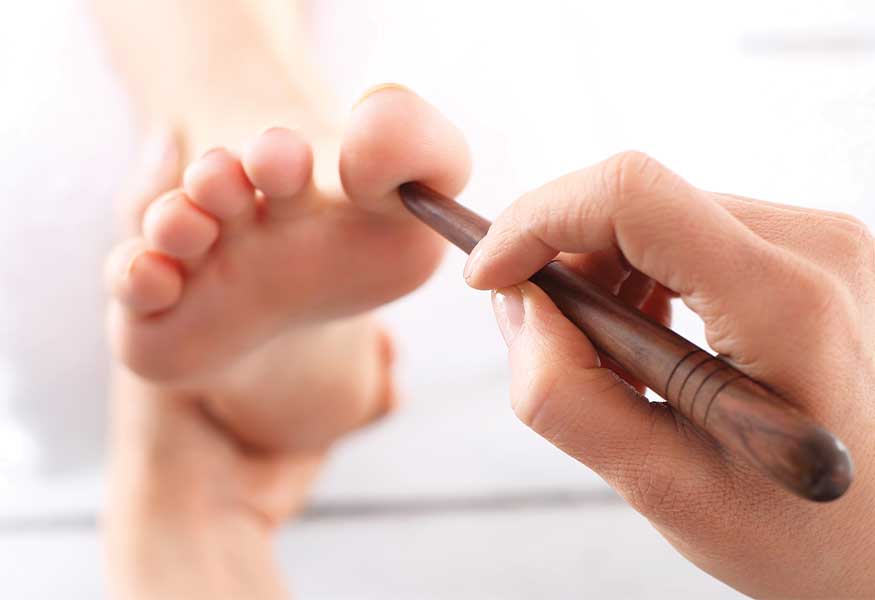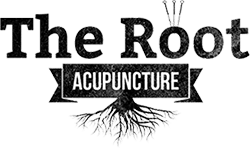
Acupressure has been studied as a potential method for improving sleep quality and duration. Research suggests that acupressure may have positive effects on sleep parameters such as sleep latency, total sleep time, and sleep efficiency.
One study conducted on older adults with insomnia found that acupressure significantly reduced the time taken to fall asleep and increased overall sleep duration. Another study involving individuals with chronic insomnia reported improved subjective sleep quality after receiving acupressure treatment.
The mechanism behind the potential benefits of acupressure for sleep is not fully understood. However, it is believed that applying pressure to specific points in the body stimulates the release of endorphins, which are natural pain-relieving chemicals in the brain. These endorphins may help induce relaxation and reduce anxiety, promoting better sleep.
Although promising, it is important to note that more rigorous research is needed to establish the efficacy of acupressure for improving sleep. Many studies in this field have limitations such as small sample sizes or lack of control groups. Additionally, there is variability in the specific techniques used in different studies, making it challenging to draw definitive conclusions.
How Does Acupressure Work?
The mechanism of action underlying the effects of manual pressure on specific points in the body in improving sleep quality is not yet fully understood. However, several theories have been proposed to explain how acupressure may work. One theory suggests that acupressure stimulates the release of endorphins, which are natural pain-relieving and mood-enhancing chemicals in the body. This release of endorphins may promote relaxation and reduce stress, leading to improved sleep.
Another theory proposes that acupressure helps regulate the flow of Qi (pronounced “chee”), or vital energy, throughout the body. According to traditional Chinese medicine, disruptions in the flow of Qi can cause various health problems, including insomnia. By applying pressure to specific points along meridians (energy pathways) in the body, acupressure is believed to restore balance and promote better sleep.
Furthermore, research has shown that acupressure can stimulate the parasympathetic nervous system, which is responsible for promoting relaxation and restorative processes in the body. This activation of the parasympathetic nervous system may help induce a state of calmness and prepare the body for sleep.
Studies suggest that acupressure may be a promising adjunctive therapy for improving sleep quality. However, more rigorous research is needed to confirm these findings and determine the optimal acupressure techniques and protocols for different sleep disorders.

Pros of Acupressure
One potential advantage of targeting specific acupoints for better sleep quality and duration is the non-invasive nature of this intervention. Acupressure techniques involve applying pressure to specific points on the body, which can promote relaxation and improve sleep without the need for medication or invasive procedures.
Some benefits of using acupressure for sleep include:
Targeting specific acupoints through acupressure techniques presents several advantages for individuals looking to enhance their sleep quality and duration in a non-invasive manner. However, further research is needed to fully understand its mechanisms and long-term effectiveness.
Cons of Acupressure
Despite its potential advantages, it is important to consider that the effectiveness of targeting specific acupoints through acupressure techniques for improving sleep quality and duration may vary depending on individual factors such as underlying health conditions, psychological well-being, and adherence to treatment protocols. While acupressure has been shown to be an effective method for enhancing sleep in some individuals, there are certain cons that need to be taken into account.
One potential limitation of acupressure for sleep improvement is the lack of scientific evidence supporting its efficacy. Although anecdotal reports suggest positive outcomes, more rigorous studies are needed to establish its effectiveness. Additionally, the success of acupressure may depend on individual variability in response and sensitivity to pressure stimulation.
Another factor to consider is that acupressure requires consistent practice and commitment. It may take time for individuals to master the technique and achieve desired results. Moreover, compliance with treatment protocols can vary among individuals, potentially affecting the overall effectiveness of acupressure.
Lastly, it is essential to note that acupressure should not replace medical interventions for serious sleep disorders or underlying health conditions. It can serve as a complementary therapy but should be used under the guidance of a healthcare professional.
While targeting specific acupoints through acupressure techniques has shown promise in improving sleep quality and duration, several factors need consideration before fully embracing this approach.
Other Natural Tips for Better Sleep
Another natural approach to improving sleep quality and duration involves implementing lifestyle changes such as maintaining a consistent sleep schedule, creating a sleep-friendly environment, and practicing relaxation techniques. These strategies can help individuals achieve better sleep without the need for medication or interventions like acupressure.
Here are four additional tips to improve sleep:
Implementing these lifestyle changes can have significant positive effects on overall sleep quality and duration.
Using Tools for Pressure Points
Using tools specifically designed for applying pressure to certain points on the body, such as acupressure mats or self-massage devices, can be a potential method for promoting relaxation and relieving tension. Acupressure is a technique derived from traditional Chinese medicine that involves applying pressure to specific points on the body. These points are believed to be connected to different organs and systems within the body. By stimulating these points, it is thought that energy flow can be restored, and balance can be achieved.
Acupressure mats are often made with small plastic spikes or nodes that apply gentle pressure to various parts of the body when lying down or standing on them. They are designed to target specific acupressure points, which may help release tension and promote relaxation. Self-massage devices, on the other hand, can provide targeted pressure to specific areas of the body that may benefit from relief.
While there is limited scientific research specifically examining the effects of acupressure mats or self-massage devices for sleep improvement, some studies suggest that acupressure in general may have positive effects on sleep quality and duration. For example, a study published in Complementary Therapies in Clinical Practice found that acupressure significantly improved sleep quality in individuals with insomnia compared to a control group.
Despite these findings, more high-quality research is needed to fully understand how acupressure tools may affect sleep outcomes. It is also important to note that individual responses may vary, and it is advisable to consult with a healthcare professional before incorporating any new techniques or tools into one’s routine.
Acupressure has been found to be an effective natural remedy for improving sleep. By applying pressure on specific acupoints, it can help regulate the body’s energy flow and promote relaxation, leading to better sleep quality. Scientific studies have shown that acupressure can effectively reduce insomnia symptoms and improve overall sleep duration and quality.
In addition to acupressure, other natural tips such as maintaining a consistent sleep schedule and creating a relaxing bedtime routine can also contribute to better sleep. Using tools like acupressure mats or balls can further enhance the effectiveness of acupressure techniques.
Insomnia is a common sleep disorder characterized by difficulty falling asleep or staying asleep.
Acupressure addresses this issue by targeting specific points in the body that are believed to influence sleep patterns and promote relaxation.
Acupressure is a safe, evidence-based technique that can provide relief from insomnia and improve overall sleep quality without the need for medication or invasive procedures.
